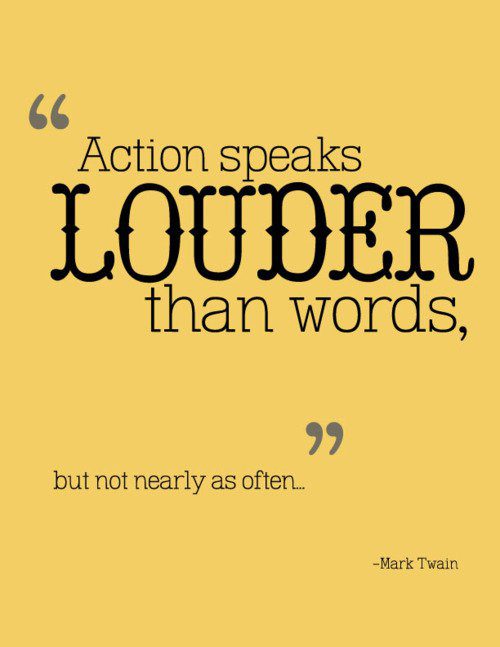We've got a surplus of talk and a deficit of action here in Canada.
This week, columnist and cartoonist J.J. McCullough found himself the subject of an actual motion in the House of Commons over a column he wrote for the Washington Post asking why so much gun violence takes place in the province of Quebec.
CPC leadership candidate Kellie Leitch and campaign manager Nick Kouvalis recently parted ways in no small part due to a backlash arising from Kouvalis calling a critic a "cuck".
And just to show that it isn't only conservatives who face widespread public condemnation for their words, Justin Trudeau's credibility amongst First Nations suffered badly when he told a crowd that young FN adults needed "a place to store their canoes and paddles."
You can call these people out for the words they use, and they can defend themselves against those call-outs. That's freedom of speech.
But for some reason we never move past the talking to deal with the underlying issues.
How does a motion condemning J.J. McCullough, or insisting that coverage of the tragedy specifically mentions the killer's white skin and that it was a terrorist attack, stop gun violence or address any contributing factors?
Similarly, endless poring over every word our politicians have said in search of a quote that can be shoehorned into an attack ad too often distracts from the business our MP's should be tending to.
But then again, those same MP's who have been part of governments that have reannounced the same funding for the same project over and over again without any progress to show for it, who have blamed other levels of government for inaction, and who feign outrage- poorly-before the cameras during Question Period are just as guilty of letting words substitute for action.
Our media is just as much to blame for this sad state of affairs.
Thanks to them, we have now have been thoroughly educated about the origin of the word "cuck" and its various meanings, but if anyone has come up with a way to prevent the spread of this demonic phrase, I have yet to see it reported in the pages of a Canadian newspaper.
Whatever the word's power to do harm, the media has only increased that power by giving it a dark and terrifying quality.
I haven't quite figured out why Canadians settle for the same old excuses and empty words time and time again.
I do know that some Canadians have an overstated sense of their own reputation "on the world stage", which is why shaming can be so effective at reigning them in.
If you've checked the international scene lately, however, you know that naming and shaming has become somewhat less than effective at keeping established politicians in power.
And if you know anything about the alt-right, you know that shamelessness is one of their most powerful weapons.
I'm willing to bet that dealing with the concerns these people have and taking them seriously instead of making false shows of empathy or shaming them would do a lot more to stop the rise of the alt-right.
But that would require establishment politicians to move outside their comfort zones. It would require them to do something about a problem, rather than just talking about it.
And here in Canada, those with the power to effect change seem too ashamed to do so.
Written by Josh Lieblein









